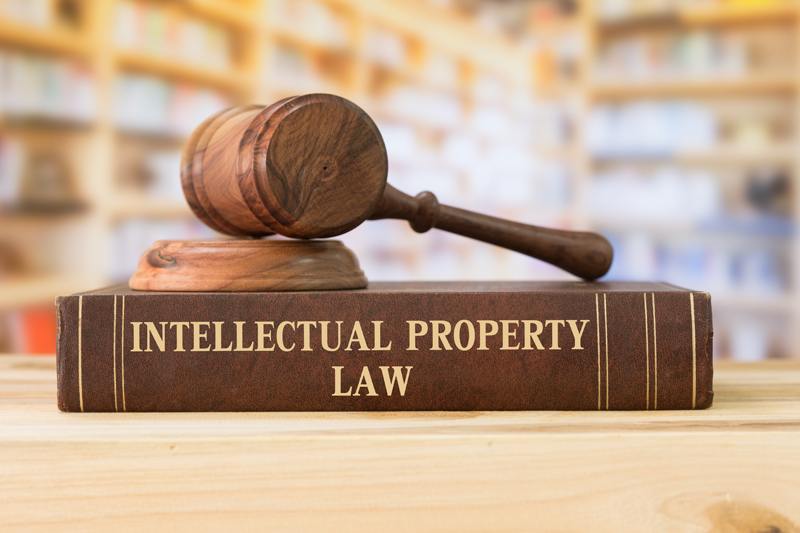
Intellectual property law is undoubtedly one of the most in-demand practice areas of the past several years. Every company is looking for a good IP lawyer, and every other law student or attorney wants to go into intellectual property law. However, what are intellectual property laws, what does this area entail, and what do IP lawyers do? Read on to find out.
The Basics of Intellectual Property Law
What Does the Term Intellectual Property Law Mean?
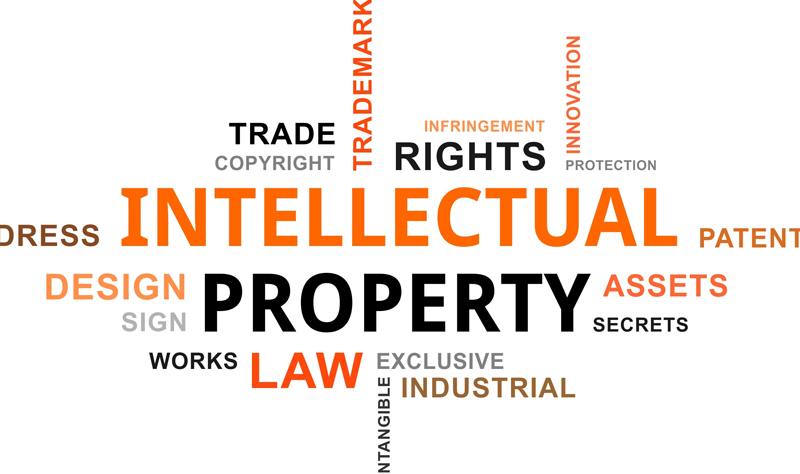
Many companies in today's economy want to protect their brand or product and thus decide they need an intellectual property lawyer. As a legal recruiter and owner of a recruiting firm BCG Attorney Search, I am often the first person they come to with their hiring needs. We get contacted by companies seeking an IP lawyer almost daily, so whenever we have the chance to talk to a talented and experienced IP lawyer, we get excited.
The problem is that intellectual property is a broad practice area, and too many clients do not realize that. Saying they need an IP lawyer is not enough because prosecutors focus on patents, trademarks, copyrights, and IP litigators. Some attorneys focus on different industries, such as biology, mechanics, or electricity, because they have to have some knowledge in the field they are working in. Companies and other clients must realize what kind of lawyers they need because intellectual property is too broad to speak without being specific.
However, the same applies also to law students and lawyers. Many of them want to become IP lawyers because they have heard it is a popular practice area or because their law school is known for talented IP graduates and do not realize that there are many different intellectual property laws. They can focus on different things in this practice area. Therefore, the legal term intellectual property law needs to be understood with regard to all of its subcategories.
What Type of Intellectual Property Laws and Lawyers Are There?

A product with commercial value is an intellectual property based on The American Heritage® Dictionary of the English Language, 4th edition. This could be products like creative works of art (books, music, movies, artistic works, logos), a patent, a business method, an appellation of origin, industrial property or process, product names, slogans, brand names, packaging, trade secrets, industrial designs, geographical indications, and more. Many laws have been developed to protect intellectual property just like any other property, like personal property or tangible property. That also means that intellectual property can be sold, leased, or bought like any other property.
With IP laws also come IP rights. When a company owns the rights to a movie or a trademark to a world-renowned brand, they hire attorneys to help them protect these rights. There are five main types of intellectual property attorneys can focus on:
Copyright
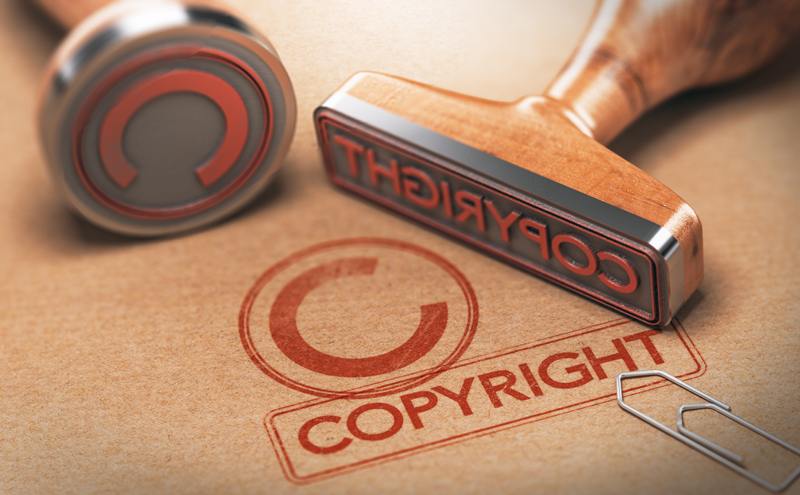
Copyright law protects creators of works of art such as paintings, photographs, written artworks, music, and fine arts. It gives them the right to decide how they want to deal with and use their art. It does not protect names, brand names, or titles.
Trademark
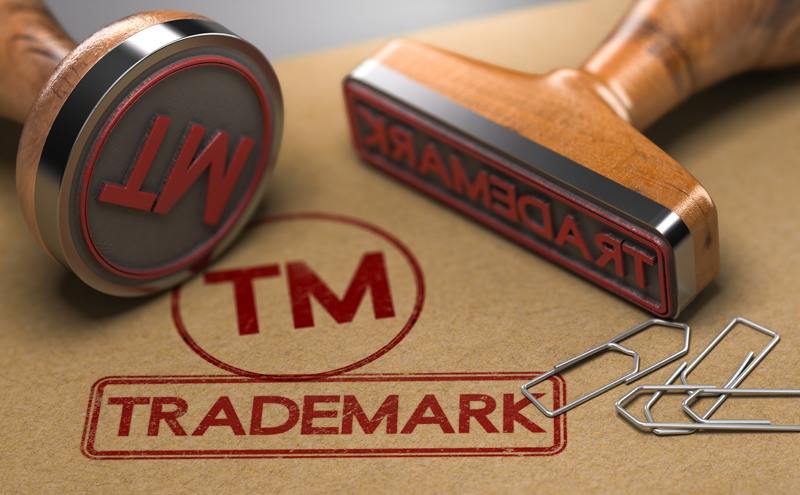
Names, titles, logos, symbols, phrases, or words that differentiate products from each other are protected by trademark law. If a competing company uses a trademarked word or phrase, the company that holds the rights to the trademark can legally stop the competitor from using it through an injunction.
Many products, especially in advertising, are protected by both copyright and trademark law. A trademark protects the name of a product, and copyright protects the way the product is advertised.
Patent
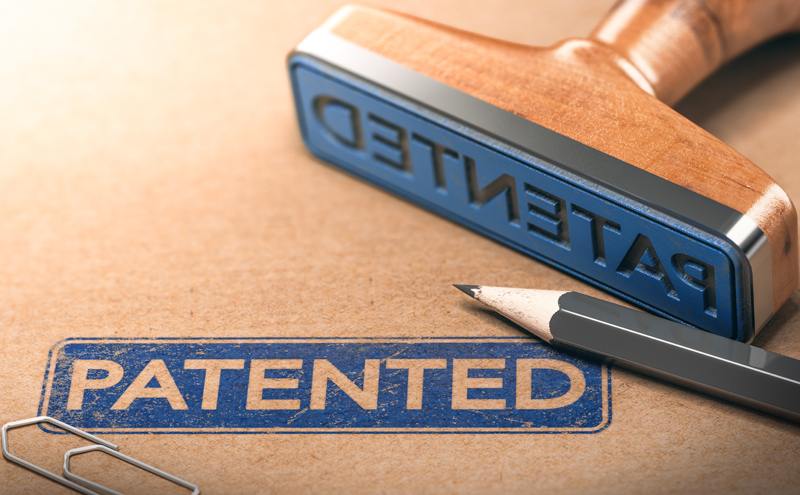
Patent law has been created to protect inventions like certain unique machines, plants that have been created through asexual reproduction, or other manufactured technological products. The inventor who obtains a patent for a product has exclusive rights to use and commercially handle the product for 20 years.
A patent can only be obtained for a product or process that is new and unique in one or more elements when compared to the previous knowledge. It also has to be non-obvious, thus requiring special knowledge and skills to understand.
Patents are issued by The United States Patent and Trademark Office. We recognize three main types of patents - plant patents that protect various kinds of plants; design patents that cover an item or a device; and utility patents that protect useful creations.
Trade Secrets

When a company has a secret device, process, or formula that puts them at an advantage over its competitors, it is called a trade secret. Things known in the community cannot be considered a trade secret. When a company wants to keep its trade secrets hidden, the law will help them protect it from competitors, spies, employees of the company, and any other person or entity that would want to obtain and reveal this competitive advantage
License
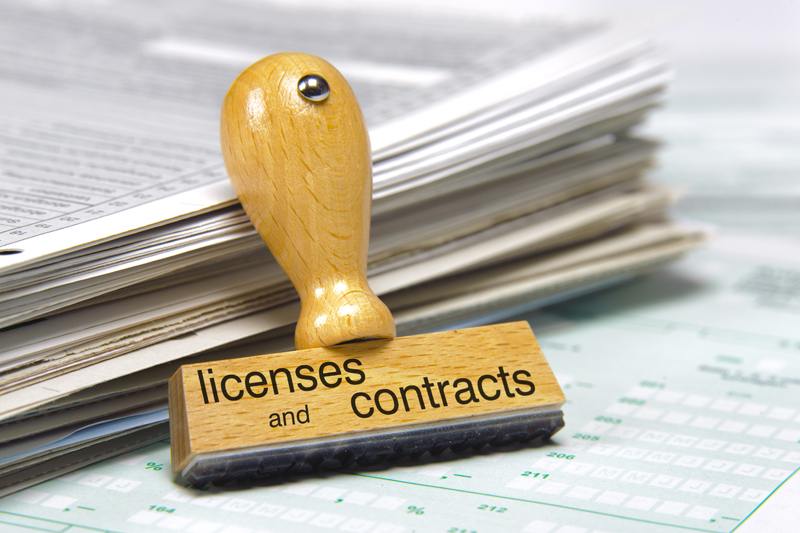
Licensing law is connected to all previous types of intellectual property laws and rights. A license awards the right to do something with a protected item or process. The holder of the protection can grant rights to reproduce the protected work, distribute copies of it, display the work, prepare derivates from the original work, or do other things.
The Popularity of Intellectual Property Law
The Position of Intellectual Property in Economy
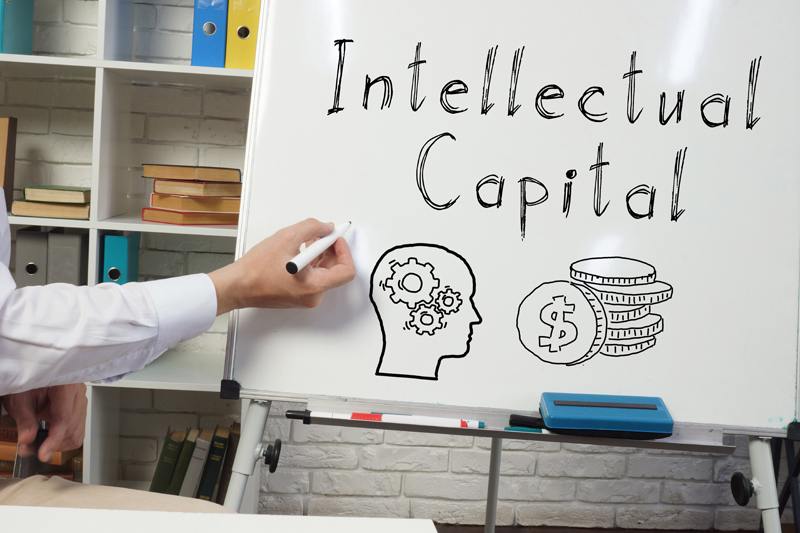
The intellectual property practice area is currently among the most popular and most active, and many reasons for that. One of them is the important position of intellectual property in today's economy and its importance for technological development that has been happening for the last few decades.
In the past, economic growth and our country's wealth were determined first by the natural resources or the size of the country itself. After that, mechanization and industrialization started happening. So manufacturing industries became the indicators of wealth. Although intellectual property, especially patents and patent laws, existed at this time, they were not the main focus of development.
The major shift toward intellectual property as the main value of companies started happening in the second half of the last century, and it continues. Companies' inventory and harder assets are no longer the pinnacles of wealth but rather focused on the products of human intellect. Industries focusing on computers, telecommunications, or pharmaceuticals have become among the most important and fastest-growing because they have invested resources into developing novel products and processes. Because of this huge investment, they are also willing to invest a lot of resources into protecting them, which means that intellectual property lawyers are in high demand.
Intellectual property and its protection are imperative for the economy and further development. And these things do not just stay in the courts and law firm offices. IP laws and lawsuits are often in the realm of millions and billions of dollars and attract the attention of journalists and news.
The irrefutable fact is that the advancement of technologies is extremely quick, and the law cannot always keep up. Sometimes, judges have to decide in cases about issues that did not exist just a few years before and that are unprecedented. Talented and smart intellectual property lawyers are necessary in such cases because new issues emerge daily, and not everyone can handle them.
Not Every Intellectual Property Law Area Is the Same
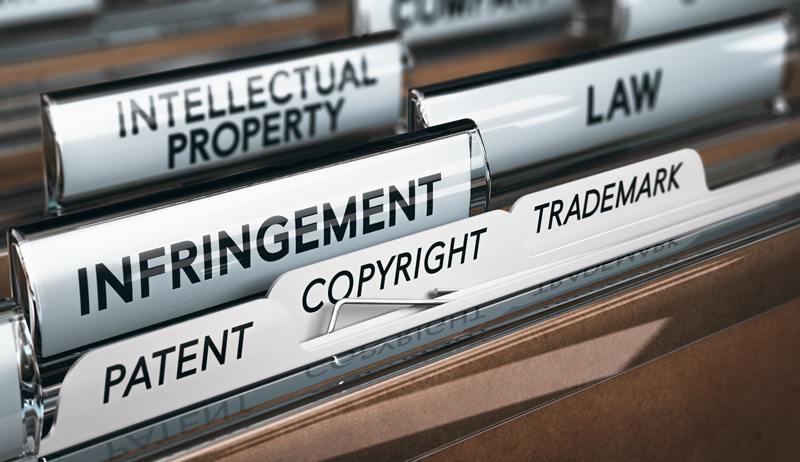
For a few years now, technology has become more prominent in our daily lives. Thus, it has become more important for economic development and the country's overall state. The technological industry is connected to intellectual property law, especially patent law, making patent attorneys among the most sought-after IP lawyers.
Practice areas are influenced by various factors like the state of the financial market and can slow down significantly when the economy slows down. This often does not affect patent lawyers as much because even when the economy is not in the best state, big technological corporations will want to invest in protecting their biggest intangible assets and technology. Attorneys who are experts in patent laws and patent infringement are almost always in demand, and there are more openings for them than in most other practice areas.
That does not mean there are no openings for IP lawyers focusing on trademark, licensing, or copyright laws. At the beginning of the millennium, there were a lot of these positions, although currently, there are fewer of them. One of the reasons for this difference might be that the patent field is more complex and requires expert knowledge in the technical or scientific field from the attorney. While trademarking, for instance, can be dealt with by corporate attorneys or other generalists, patent work cannot. Many companies give their trademarking cases to the corporate lawyers they already employ. If the corporate practice area slows down, many attorneys go into trademark protection to stay in the legal industry.
Patent attorneys also often take on trademarks, licenses, and copyright cases when they want to work on something easier than their regular patent work. Other intellectual property lawyers cannot do patent work, which disadvantages them.
Patenting is one of the best ways to protect intellectual property, and at the same time, there are not many qualified and experienced patent attorneys. This gives the patent attorneys some job security most other attorneys do not have.
Why Is Patent Law So Active?
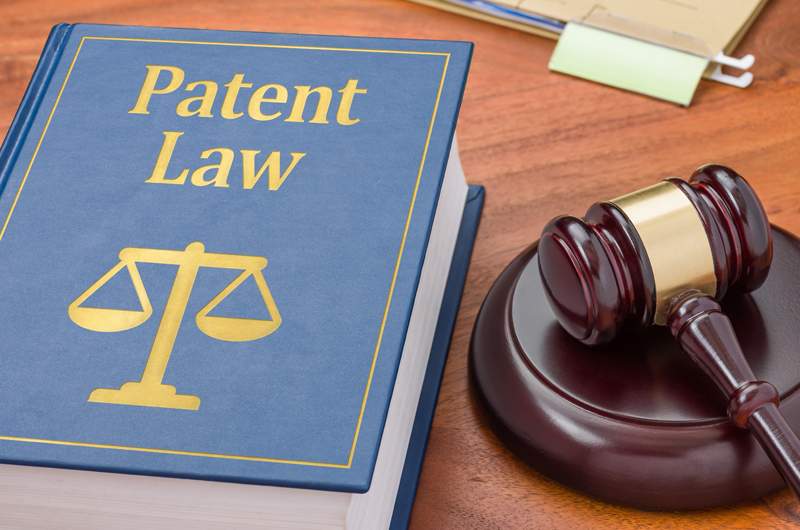
Patent law has been one of the most active practice areas among intellectual property law and other legal practice areas. Even when most other areas experienced slow down because of the state of the economy, patent prosecution and patent attorneys were and are still in high demand. The technological innovation and inventions happening every day mean that patent lawyers have work and will have a business for the foreseeable future.
As I already mentioned, there are not that many qualified patent attorneys. Patent law is not like litigation. Almost every law school graduate chooses to try out the practice area. There are approximately 1.5% of (practicing) patent attorneys out of the number of all practicing lawyers in the United States. That is not a lot when considering how many companies and individuals come up with new technologies they want exclusive control of.
The low number of patent attorneys has several reasons. One of them is to become a qualified patent attorney. They have to pass two bar exams. First is the traditional state bar exam in the state where the attorney wants to work. The second is the Patent Bar Examination of the United States Patent and Trademark Office. The passing rate for this second bar exam is very low (less than 50%), so even when enough lawyers are interested in going into patent law, most do not get qualified.
Another reason for the low number of patent attorneys is that if the applicant has not successfully finished undergraduate studies in a science or engineering field, they will not have the opportunity to sit for the Patent Bar. Having a significant amount of college credits in these fields that prove that the applicant is trained and knowledgeable is also sufficient. The problem is that most people studying in these fields do not have the urge to go into law school and study further. They already have great, well-paying opportunities in their scientific/engineering field and do not need to go into more debt to become lawyers. They can start in their field and work in research and development to stimulate innovation, maybe even become a patent owner themselves. It does not make sense for most of them to spend another three years in law school and study for the bar exams without a certain chance of passing them.
Even though the number of patent attorneys has been relatively stable over the past years, their demand has increased significantly. For instance, the demand for patent attorneys in computer science or electrical engineering is super high, and software patents are currently among the ones issued the most. Attorneys in mechanical or chemical patents are not as in demand as they used to be, but those with backgrounds in bio or organic chemistry or biotechnology can easily find openings.
Conclusions
If you have been searching for a legal opening or have visited a legal job board in the past few years, you have probably noticed that one practice area has been steadily in high demand regardless of the state of the economy. The practice area is intellectual property law. Almost every company has looked for an intellectual property lawyer at some point in its history and wants to protect its intellectual property rights at all costs. However, most clients and people outside of this practice area do not realize that intellectual property is an extremely broad term. It can mean very different attorneys with various skills based on the client's needs.
There are five main types of work in intellectual property rights - copyrights, trademarks, trade secrets, patents, and licensing; however, patent lawyers are the most in-demand from this already pretty active practice area. Part of it is because patenting is one of the best ways to protect intellectual property. That results in many clients seeking to issue their patents and wanting to find someone who will help them enforce their exclusive rights. The other reason why patent lawyers can easily find great placements is how difficult it is to get qualified and admitted to the Patent Bar. There are so few of them that law firms are fighting over them. Of course, the demand and marketability of patent attorneys depend to some extent on their background. Those in computer science and electrical engineering are the most popular.




